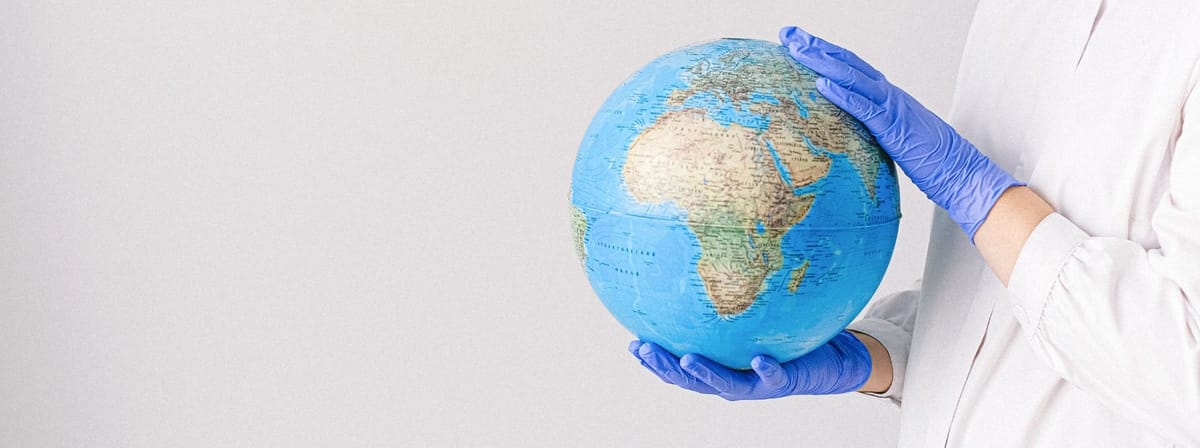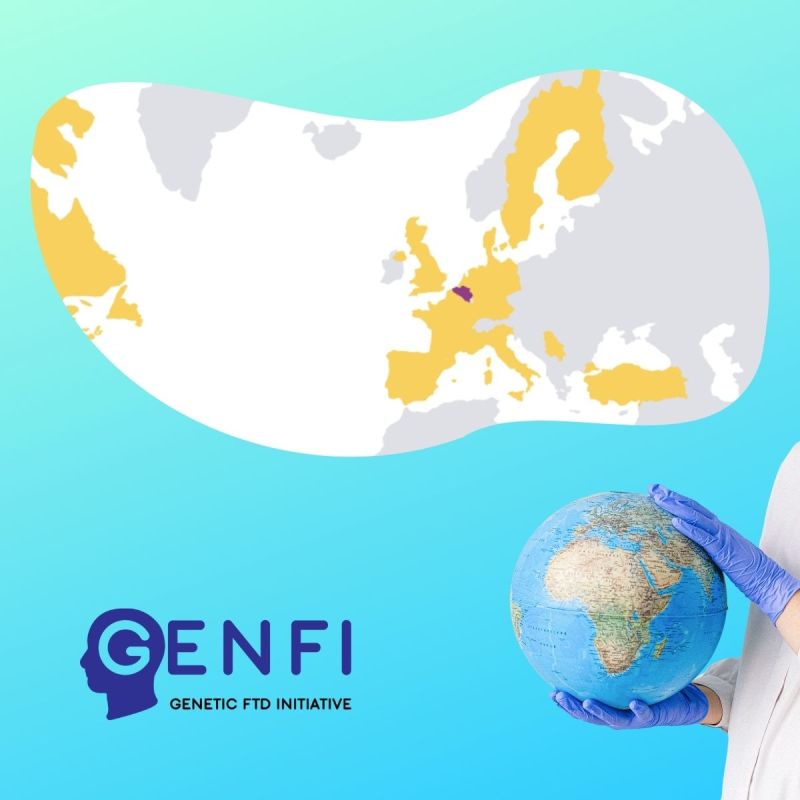United in purpose
How global networks tackle neurological challenges

Brain diseases don't solve themselves in isolation. Discovering a genetic variant requires thousands of patient samples from Belgium to California. Tracking disease progression needs coordinated clinics across continents. Validating biomarkers demands diverse populations from Japan to Germany. That is why at CMN, we've built our research strategy around positioning our teams within consortia where Belgian expertise meets global knowledge, where local patient data contribute to international understanding.
From common forms of dementia to rare types of neurodevelopmental disorders, we find there is power in numbers. Here are seven key consortia where CMN researchers actively shape the future of neurological research
Our role as a research hub begins at home. CMN leads BELNEU, a multicenter collaboration that systematically recruits patients from memory clinics across Belgium. Established in 2011, this consortium creates a comprehensive biosampling and biobanking infrastructure locally that is essential for translating research breakthroughs into improved patient care
Internationally, the Rademakers lab plays an active role in GENFI, a collaboration of 46 sites across Europe and Canada. GENFI follows individuals with a family history of frontotemporal dementia (FTD), including carriers of mutations in the GRN, MAPT, or C9orf72 genes. By studying both symptomatic and at-risk individuals, the consortium helps researchers understand how FTD begins long before symptoms appear
CMN takes a crucial leadership role in the ALLFTD study, a major project with expert sites across the United States, Canada, and Europe. Rosa Rademakers leads the consortium’s Genetics Core, guiding its work on the genetic basis of frontotemporal lobar degeneration (FTLD). The overall goal of ALLFTD is to prepare for treatment trials by identifying the best clinical measurements and biomarkers for following patients.
For Alzheimer's disease, Kristel Sleegers’ lab contributes its deep expertise in advanced genomics to EMIF-AD. This pan-European platform connects multiple cohort studies to create a large-scale framework for researching biomarkers and risk factors. The Sleegers lab work on whole-exome sequencing within the project is critical for identifying genetic variants that can serve as future targets for early detection and prevention.
The Sarah Weckhuysen team leverages its expertise to identify novel genes and genetic mechanisms in epilepsy through the Epi25 collaborative. This global effort emphasizes open data sharing and analyzes genetic data from more than 30,000 sequenced exomes. By untangling the complex genetic causes of epilepsy, Epi25 dramatically advances our fundamental understanding of the disease
For rare STXBP1-related neurodevelopmental disorders, CMN is part of ESCO, a consortium that brings together clinicians, researchers, and families across Europe to accelerate the development of new therapies. Sarah Weckhuysen, Hannah Stamberger, and colleagues are pioneering innovative approaches within the project, including advanced 3D gait analysis studies to develop measurable outcome parameters that will be invaluable for future clinical trials.
CMN’s impact extends to shaping the future of rare disease research on a continental scale. The Weckhuysen team contributes to the Clinical Research Network of ERDERA, a massive alliance of over 180 organizations from 37 countries. ERDERA’s mission is to turn cutting-edge science into tangible benefits for the thirty million Europeans living with a rare disease, championing patient-driven research powered by health data and AI.
These seven consortia are just a sample of CMN's extensive collaborative network. Whether we're assembling critical data on neurological conditions in underrepresented groups like the Roma community, or contributing to initiatives that standardize how researchers classify and study microglia, we build partnerships that move the needle. Over the past and coming weeks, we’re highlighting these collaborations on our social channels.
But connecting and working on expansive collaboration requires both scientific excellence and operational expertise. Pieter Van de Walle, our Grants Manager and Project Coordinator, ensures that these partnerships function seamlessly, while our researchers at every level contribute the knowledge and effort that makes CMN's collaborative impact possible.
By embedding our expertise within these networks, we're not just generating data but contributing to a global effort that will determine whether the next generation faces these same challenges. That societal mission shapes every collaboration we join.

Follow #CMNcohorts #CMNconsortia
